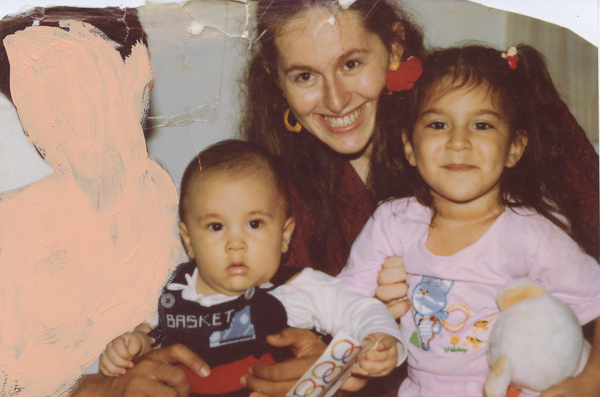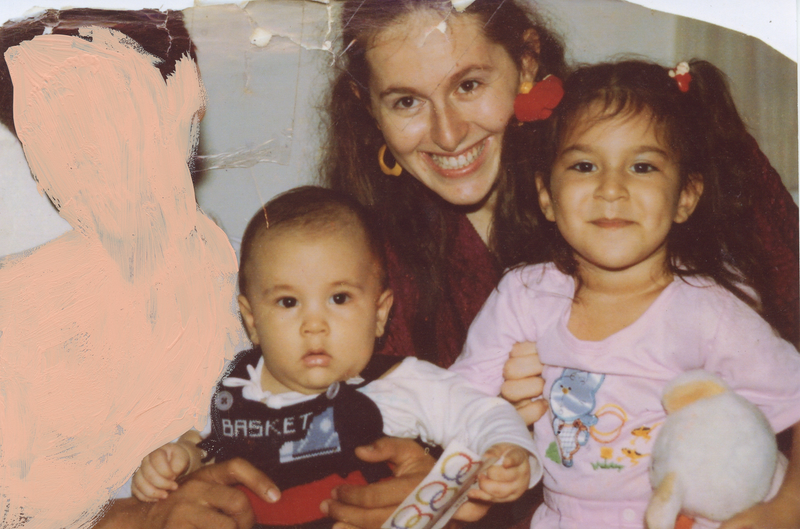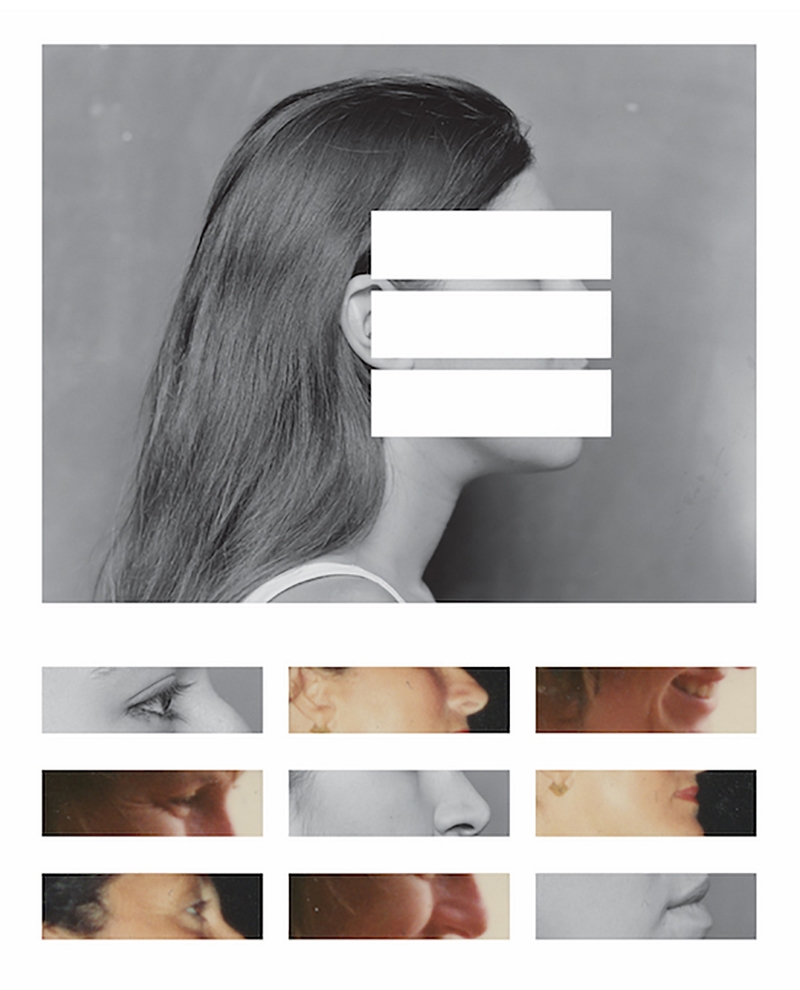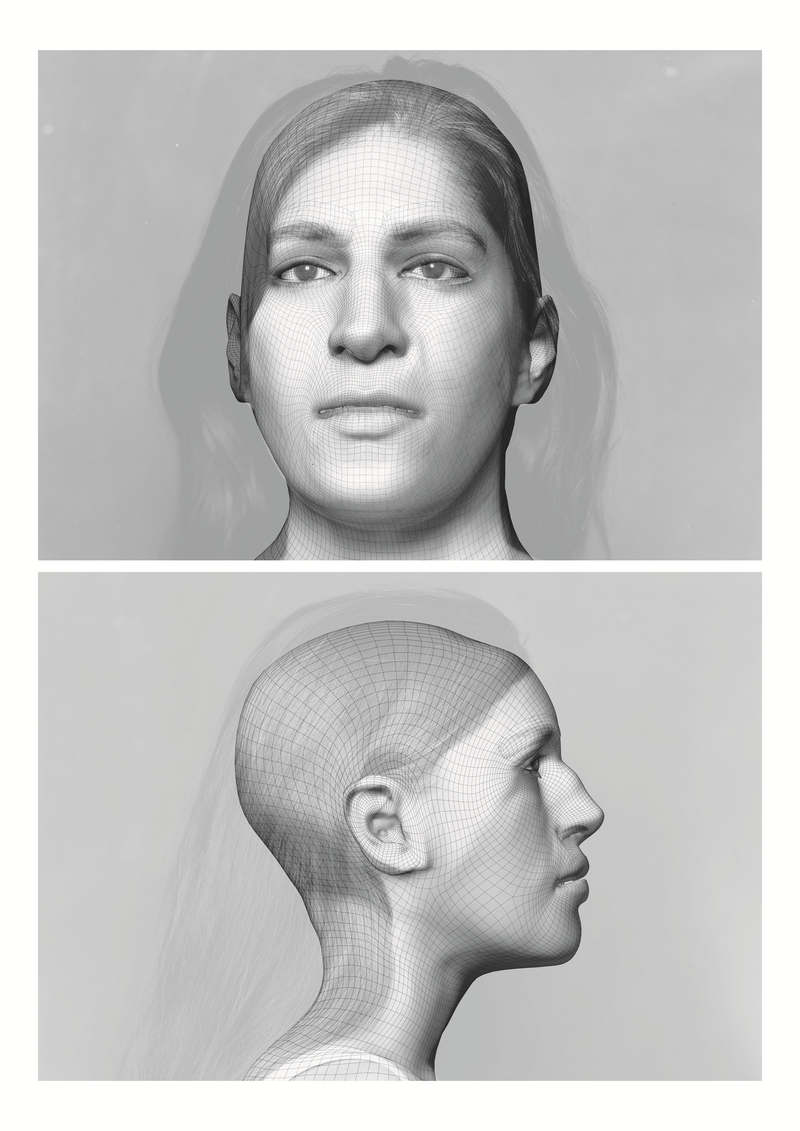In Research of a New Identity - Tracking Down the Past
-
Published21 Feb 2018
-
Author
Determined to find her biological father, Italian-Thai photographer Alba Zari begins an investigation on her past, memory, truth and ultimately her self.
Determined to find her biological father, Italian-Thai photographer Alba Zari begins an investigation on her past, memory, truth and ultimately her self.
When do we start - or stop, if even possible - to investigate our identity and sense of self? When Italian photographer Alba Zari met again, after 25 years, the man she believed was her father, the question assumed a new relevance.
He was not. And once the disconcerting truth was revealed, it prompted Zari to begin a personal, profound journey into her own identity and memory in an effort to find her biological father.
It started with a DNA test, which proved that Weerachart, the man who had lived with her mother, brother and her in Thailand until she was 3, was not her biological father. In fact, he was the biological father of her younger brother, Agostino.
"I looked again at everything with a different eye," Zari says, referring to her childhood and her past. She felt the urgency, she says, "to understand who is the person in front of you, because in reality it’s not a person you really know [anymore]." Weerachart was now her putative father.
Her biological father remains absent. The Y chromosome that bonds her to him is also the title she gave to her hybrid long-form project, The Y, shot in the past two years and curated by writer Francesca Seravalle.
"If you're missing a piece of information, if you're missing a piece so big in your life, you start doing research, you want to investigate," Zari says.
What motivated her research was a primal need: "It is wanting to know the truth - a person can accept the absence, but it’s a matter of seeking the truth and identity."
While digging in, other people emerged. The men multiplied: including her brother, they become four: Her putative father, her legal father, and the biological one. She also starts a progressive investigation into her self, and divides The Y into chapters:
First, the revelation, which sparked her research and led to the DNA test.
Then, the analytical phase in which she obtained her birth certificate. It came with a surprise. An unknown figure named Gary, a hobo street artist based in California, signed the paternity on her birth certificate, adding an unexpected layer to her story. "So I went to Los Angeles, I took a bus to Santa Barbara, and I photographed him,” she says.
What follows is a new interpretation of her memory. As she dug into her family albums, she began to rethink her past and her emotional awareness lead to the manipulation of some images.
She then outlined a physiognomic analysis, focusing on her body. Studying analogies and oppositions, cutting out parts of her figure from the photos, Zari subtracts the emotional side to fully expose her body: now she's bones, muscles, eyes, mouth, ears. She compares hers to her mother's and grandmother’s in order to explore the likenesses in the female X chromosome. Operating by exclusion, she finds the traits that belong to the male Y chromosome: eyes, nose, mouth, complexion - a combination of lines, tones and shapes that help her to imagine her father.
Through the use of software, the likeness of a Y begins to emerge as a three-dimensional figure, an avatar of her biological parent.
Few facts are known. His name, Massad. He worked for Emirates in a hotel, which has now been replaced by a mall. His country of origin is either Iran or Iraq.
His physical figure, still, is missing from Zari's 360-degree portraits: Silhouetted against a light blue setting - a popular backdrop for IDs in 1980s’ Italy - she explores the sense of fatherhood and masculinity for her brother and her putative and legal fathers, as under a microscope.
She peeks in too, eyes closed, against a red background - a jarring reference to blood and to an indissoluble bond in the face of her father’s physical absence.
What lasts, as hope still lingers, is a process of conscious acceptance, and the awareness that she has made, at least, an audacious attempt.
"If after doing all this research I cannot find him, I have to accept the fact of living with this missing information,” she says. “But it reassures me the fact that I have tried in every way possible."
--------------
Alba Zari is committed to projects about welfare, the urban field and the social sector. Among her recent works are visual researches in mental health centres in Italy, food disorders in America, and the unique flora of the Mesr Desert in Iran. Follow her on PHmuseum and Instagram.
Lucia De Stefani is a multimedia reporter focusing on photography, illustration, culture, and everything teens. She lives between New York and Italy. Find her on Twitter and Instagram.









